2016 US-Japan Journalism Fellowship
2016
The 2016 cohort of JCIE’s US-Japan Journalism fellows traveled to Japan in June to meet with a wide range of leaders from different sectors of Japanese society tackling pressing issues of the day. The fellows took part in a structured weeklong series of meetings with politicians, foreign policy experts, government officials, and civil society leaders followed by one to two more weeks of individualized meetings and site visits.
During their intensive weeklong group program, the fellows discussed US-Japan relations, Japanese policymaking, and societal trends with politicians, foreign policy experts, government officials, entrepreneurs, and Japanese and American journalists. Recurring topics included the challenges of managing relations with North Korea, efforts to strengthen US-Japan security and trade ties, and Japan’s response to the aging of its population. The participants also test drove Toyota’s revolutionary hydrogen-powered car, spoke with a labor union activist, and compared notes with fellow journalists stationed in Japan.
Afterwards, the participants stayed in Japan for an additional one to two weeks, traveling to places such as Osaka, Fukuoka, Kobe, Shizuoka, Tokushima, and Kochi for one-on-one interviews. All together, they interviewed more than 100 people, ranging from North Korean refugees to families caring for loved ones with dementia. One visited rural Shikoku to gain insights into depopulation from visiting a town that an artist has been repopulating with life size dolls. Another spoke with farmers who are preparing to deal with the implications of the Trans-Pacific Partnership trade pact and visited a sewage plant that is retrofitted to host a fueling station for hydrogen-powered cars. A third spoke with students whose lives have been changed by study abroad initiatives. And another one talked with the lead singers and managers of the band Baby Metal about how Japan is exporting rock music to the United States.
2016 FELLOWS

Laura Cooper

Julie Makinen

Ina Jaffe

Taylor Wofford
ARTICLES BY OUR FELLOWS

President Trump? Among U.S. Allies, Japan May be One of the Most Anxious About That Idea
By Julie Makinen
Is Japan gaga for Donald Trump? That was the impression created by a spellbinding YouTube video that went viral last week. Despite the video’s popularity, the reality is that perhaps no U.S. ally is as anxious and befuddled about the prospect of a President Trump as Japan.
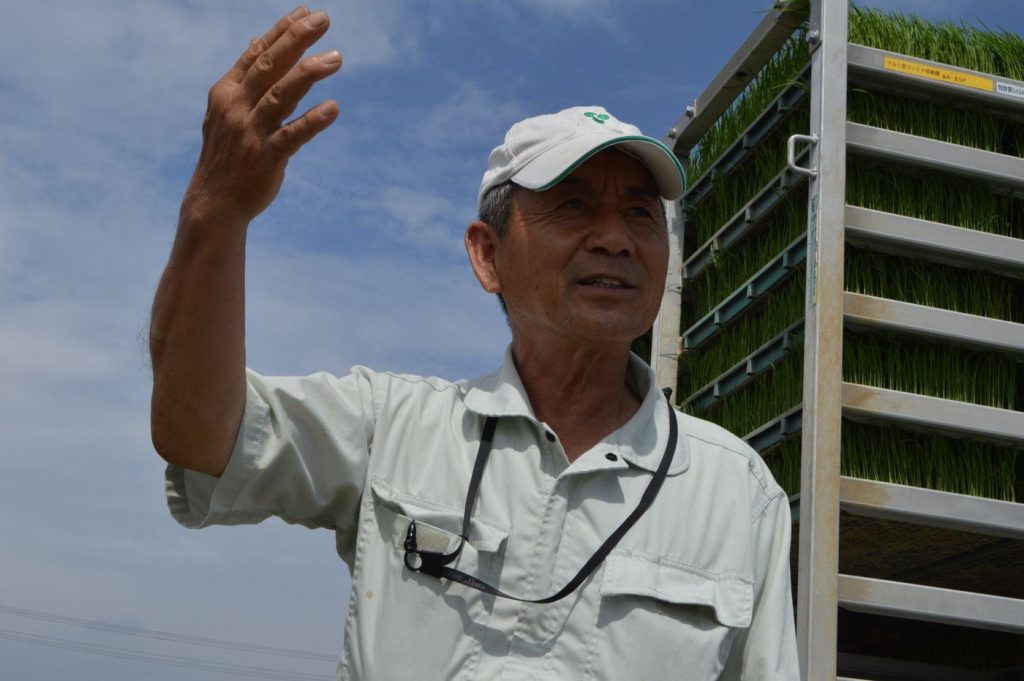
No TPP Trade Deal? Some Japanese Farmers Say All the Better for Them
Rice farmer Takao Terada isn’t following the U.S. presidential election too closely. But there’s one issue that both Donald Trump and Hillary Clinton seem to agree on — that the U.S. should not ratify the Trans-Pacific Partnership trade pact — and that’s music to his ears.
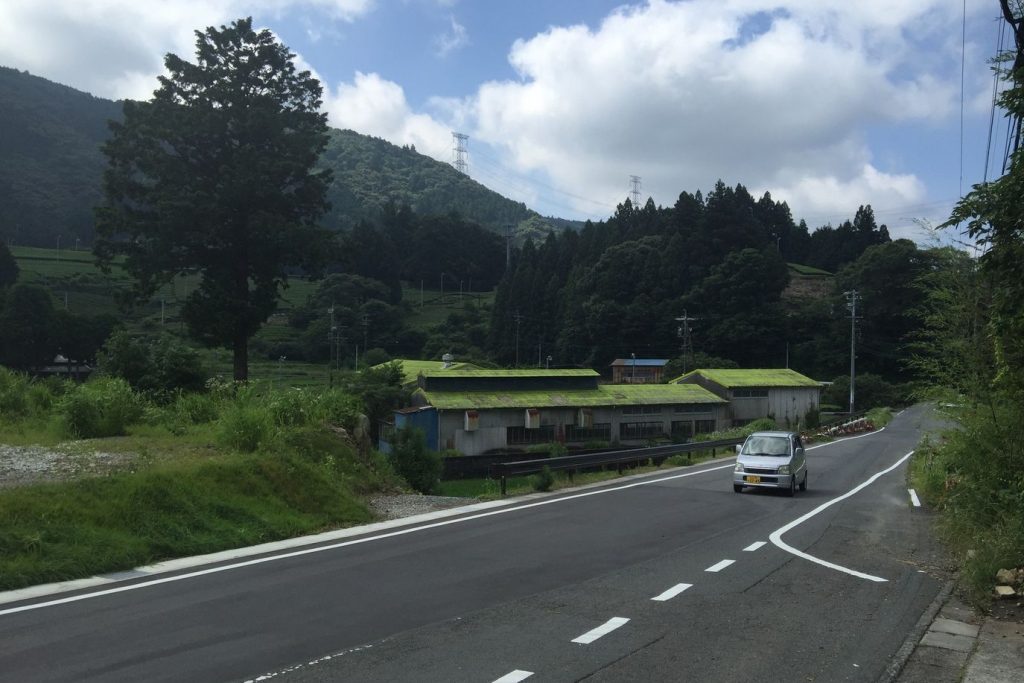
As Japan’s Population Shrinks, Bears and Boars Roam Where Schools and Shrines Once Thrived
In Hara-izumi, there’s no worry about an influx of foreigners. There are no immigrants here, nor the prospect of any. A bigger issue now is wildlife: The village’s population has become so sparse that wild bears, boars and deer are roaming the streets with increasing frequency.

What’s Hot in Japan Right Now? Los Angeles, Circa 1976
Julie Makinen highlights the social fascination with a 40 year-old Japanese magazine depicting West Coast life, and how reactions to it have changed or stayed the same among Japanese readers.

Citizen Science Takes on Japan’s Nuclear Establishment
As other Tokyo office workers poured into restaurants and bars at quitting time one recent evening, Kohei Matsushita went to the eighth floor of a high-rise for an unusual after-hours activity: learning how to assemble his own Geiger counter from a kit.
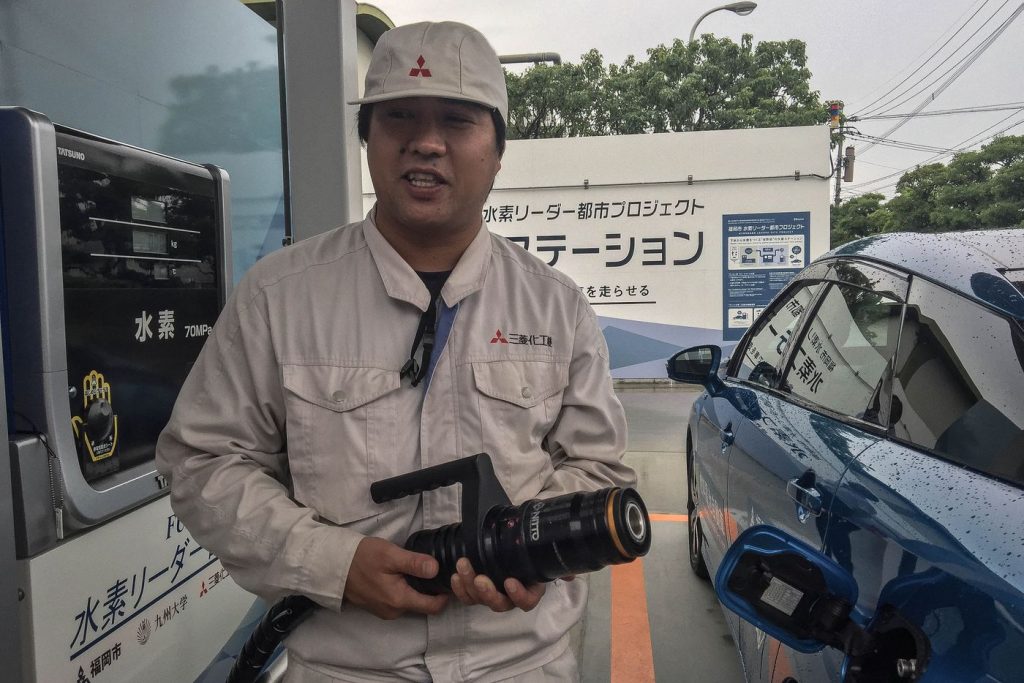
Flush, then Fill Up: Japan Taps Sewage to Fuel Hydrogen-Powered Cars
When Mutsuro Yuji, chief of the central sewage plant in Fukuoka, first heard about the idea of making hydrogen from biogas — the combination of methane and carbon dioxide produced by the breakdown of stinky matter — he was skeptical. But now, drivers are able to roll up to the sewage plant and power up their hydrogen fuel cell cars at what you might call the world’s first toilet-to-tank filling station.
How Japan Is Dealing with Impacts of Supporting the Oldest Population in the World
Japan has the oldest population in the world. Nearly 27 percent of the people there are 65 or older. NPR’s Ina Jaffe shares her stories on how Japan is changing as its population grows older.
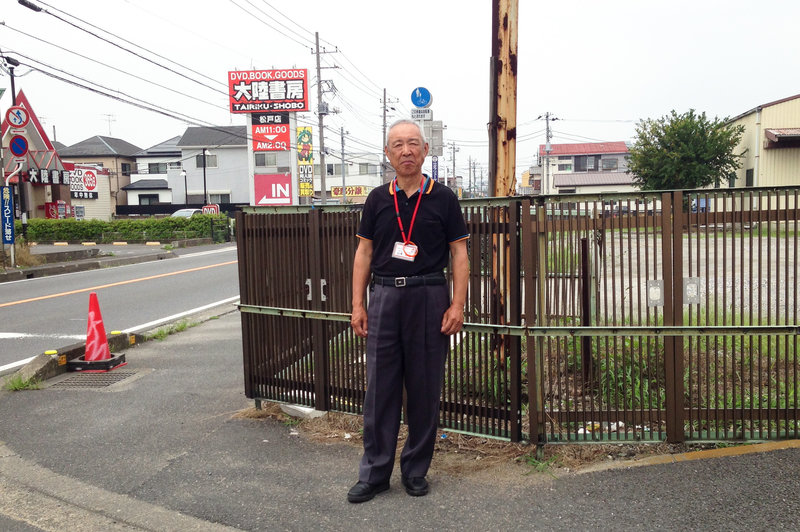
Japanese City Takes Community Approach to Dealing with Dementia
No government plan can keep people with dementia from wandering. But health officials in Japan hope there eventually will be entire communities prepared to help keep them safe, if and when they do. Through community training, thousands of Japanese citizens have been taught how to effectively communicate with people who display signs of dementia.

Beyond Slurpees: Many Japanese Mini-Marts Now Cater to Elders
In Japanese cities, space is at a premium. So convenience stores that cram everything from Kleenex to rice balls into a few square yards are everywhere. But they’re not just a place for Slurpees and snacks. Nearly 27 percent of Japan’s population is 65 or older, and convenience stores are changing to serve this growing market.
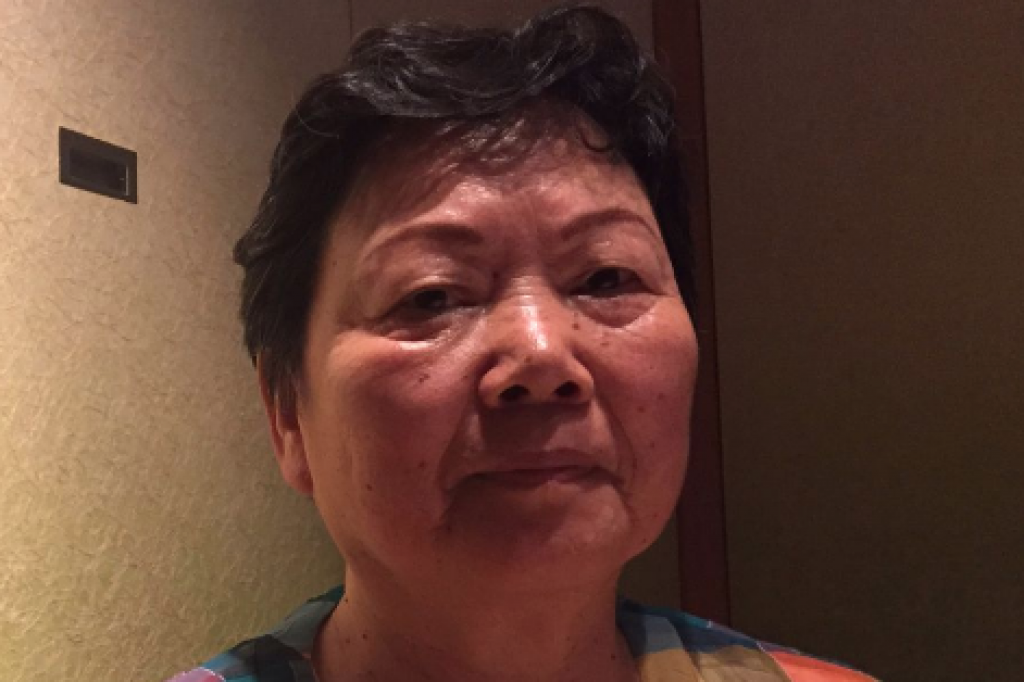
93,000 People Voluntarily Left Japan for North Korea After World War II. Or Did They?
In April 1960, not yet finished with high school, 17-year-old Eiko Kawasaki boarded a Soviet ship called the Kryl’ion in the Japanese port of Niigata and set sail on the journey of a lifetime, to a place she was told was paradise: North Korea.
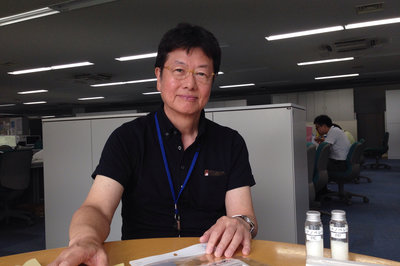
For Some Older Adults in Japan, a Chance to Stay in the Workforce
Hiromi Yamamuro is doing something that’s relatively rare in Japan. At age 67, he’s still working in the corporate world, where traditionally, the mandatory retirement age has been 60. But Yamamuro keeps going, because he loves his job — which he’s been doing for 18 years — selling environmentally friendly products at Tokyo-based Sato Holdings.
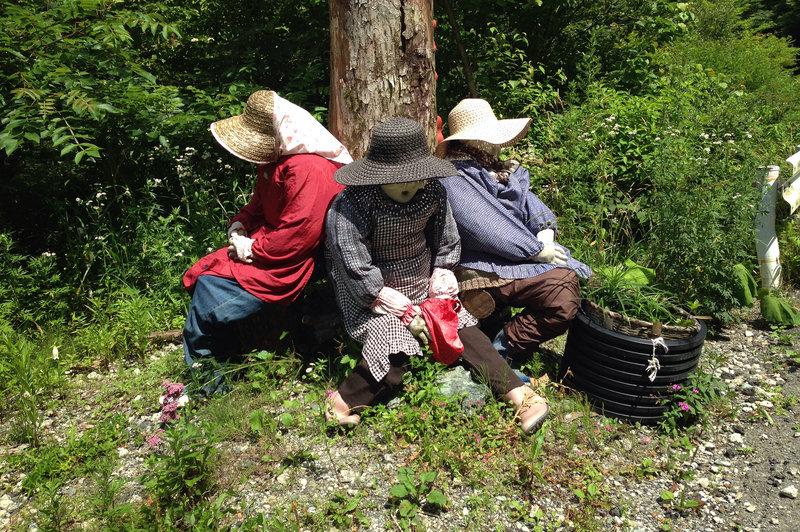
A Dying Japanese Village Brought Back to Life—by Scarecrows
Japan’s population is declining. For example, the rural village of Nagoro used to have around 300 residents. Now it has 30. Visitors know they’ve arrived when they see the three farmers in floppy hats resting against a telephone pole by the side of the road. They’re scarecrows, life-sized figures made of cloth and stuffed with cotton and newspapers.

How Art Transformed a Remote Japanese Island
Art can enlighten, soothe, challenge and provoke. Sometimes it can transform a community. Case in point: a 5.5-square-mile island called Naoshima in Japan’s Seto Inland Sea, where art tourism has brought big changes to the island and the lives of its residents.
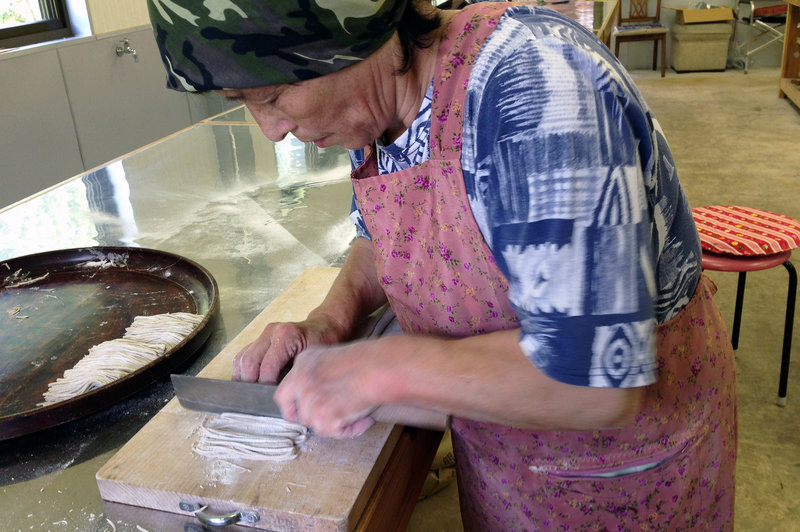
Japan’s Centuries-Old Tradition of Making Soba Noodles
Here in Japan, the buckwheat noodles known as soba are a staple. Nowhere more so than in the mountains of the southern island of Shikoku. The soil there is poor. Buckwheat is one of the few crops that will grow. So the region has been known for its soba for centuries.

Dogfights in Japan Are a Family Outing
With a long cultural history and deep ties to the yakuza, dog fighting is a lucrative business in Japan. Laws surrounding the fights are vague and rarely enforced, with members of the Japanese Animal Welfare Society fearing retaliation if they protest the violent practice.

LBO Focus: Japan’s Aging Population Burnishes Health Deals
The Japanese government realizes the country lacks a sufficient capacity of nursing homes and senior-care facilities. For the past five years, the government has worked to incentivize the private sector to take on the task of building nursing homes and other such health-care facilities. To attract this kind of development, the government has provided subsidies for the construction costs of new facilities as well as discounts on property taxes.

Toilet Power: Toyota Is Using Sewage Sludge to Power Its New Electric Car
Hydrogen fuel cell cars could help solve the global warming crisis, but nobody wants to buy them. But Toyota thinks it may have found a solution. For unlimited clean energy, it’s turning to one of the dirtiest places there is: the toilet.

Immersive Learning: A Haunted House in Japan Teaches Citizens Earthquake Preparedness
At the Tokyo Rinkai Disaster Prevention Park, visitors go through an “experience learning facility” where they’re taught how to survive in the immediate aftermath of a major natural disaster. In a country like Japan, where major earthquakes threaten to kill thousands and decimate GDP, this kind of simulation training could be invaluable to the civilian population.
